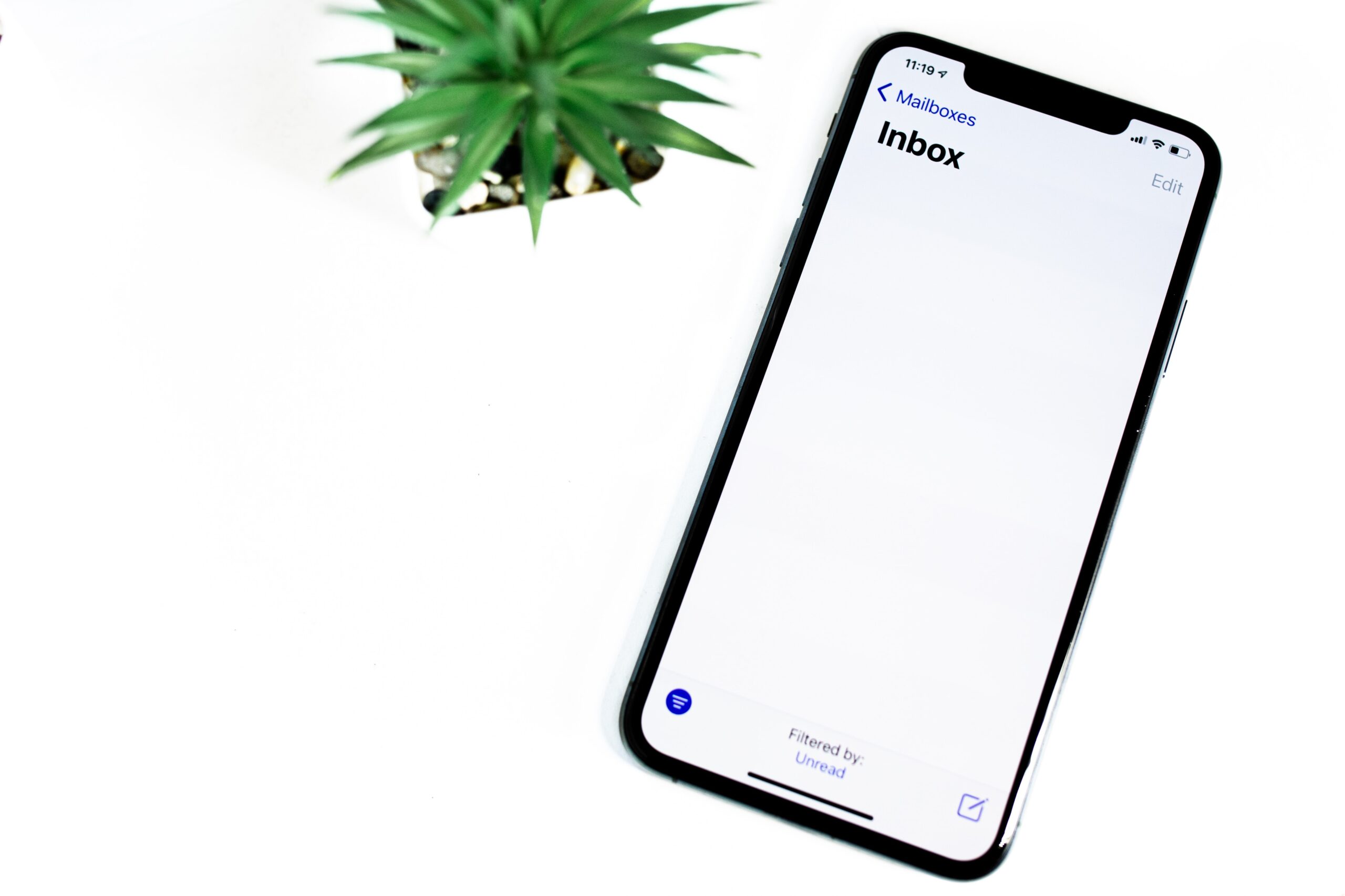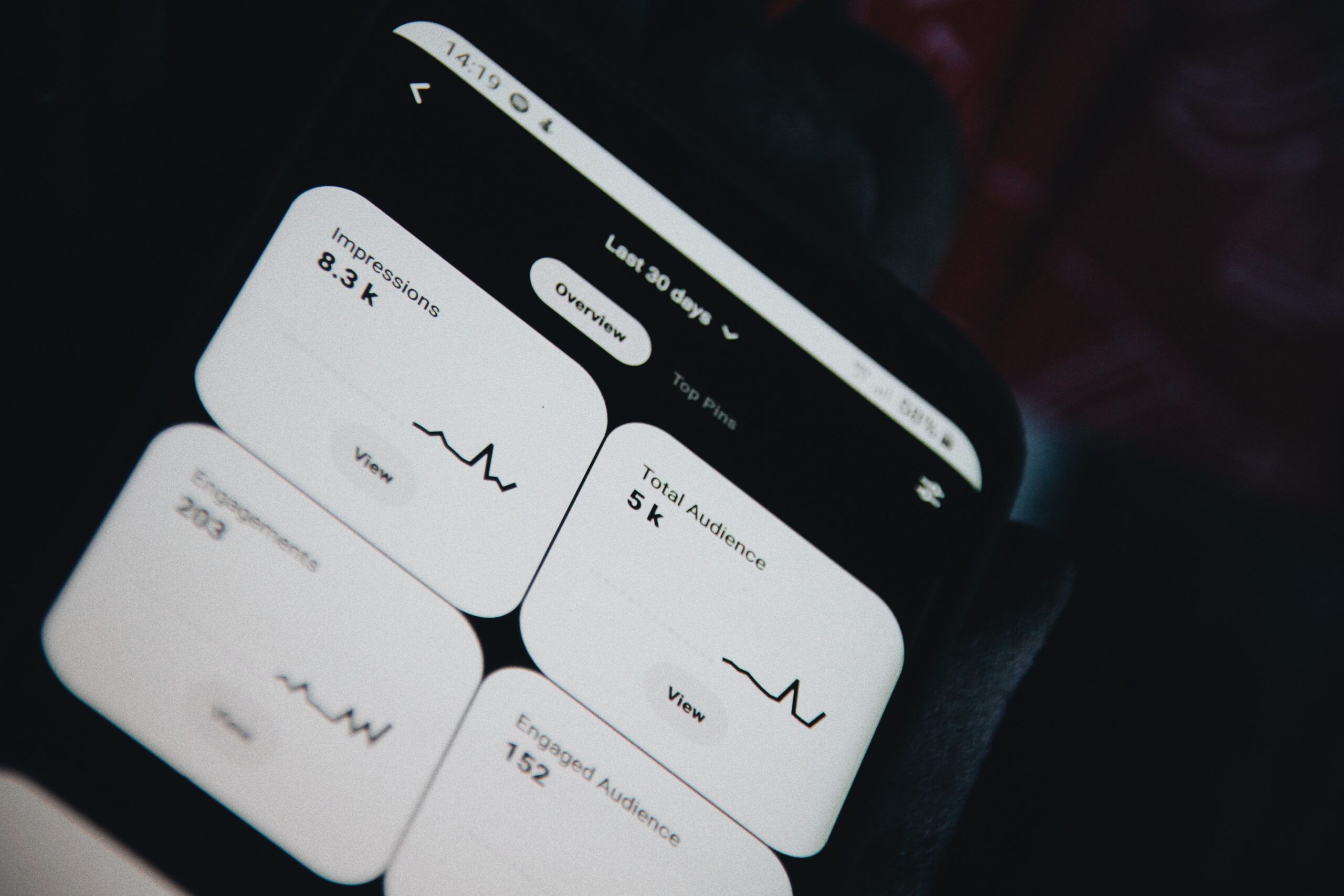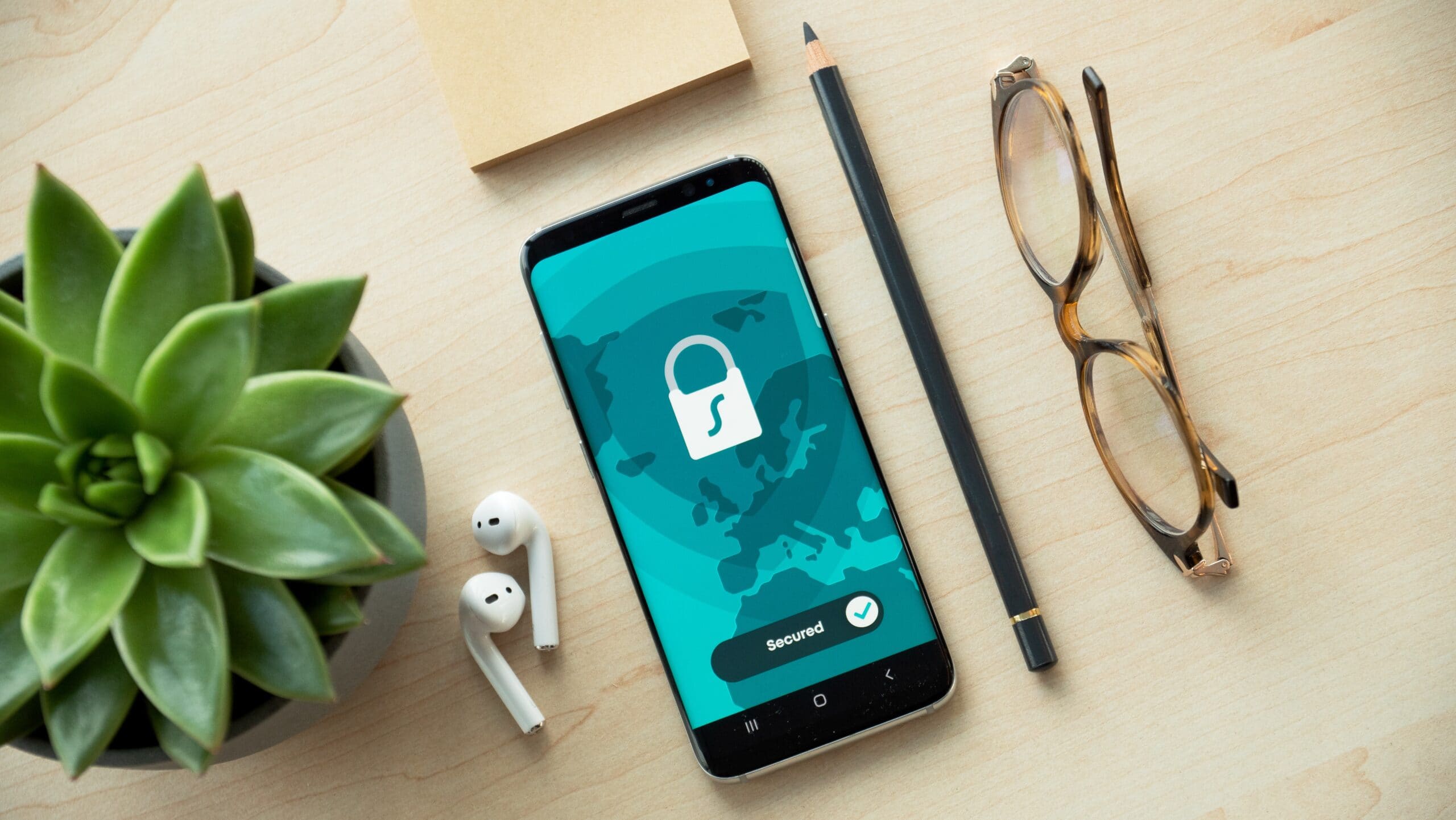Introduction: Is mobile data secure?
Is mobile data secure? This is a question that has been on the minds of many people in recent times. With the increasing use of mobile devices for personal and business purposes, it is important to know whether the data we store on these devices is safe from prying eyes. In this blog post, we will explore the topic of mobile data security and provide you with some insights on how to keep your data safe.
Mobile devices have become an integral part of our lives, and we use them for a variety of purposes such as communication, entertainment, and work. However, with the convenience of using these devices comes the risk of data breaches and cyber attacks. Hackers are constantly looking for ways to gain access to our personal and sensitive information, and mobile devices are a prime target for them. This is why it is important to take steps to ensure that your mobile data is secure. In the following sections, we will discuss some of the risks associated with mobile data and provide you with some tips on how to keep your data safe.

The Truth About Mobile Data Security: Separating Fact from Fiction
Mobile data security is a hot topic these days, with many people concerned about the safety of their personal information. There are a lot of myths and misconceptions out there about mobile data security, so it’s important to separate fact from fiction. One common myth is that using public Wi-Fi is always dangerous. While it’s true that public Wi-Fi can be less secure than private networks, there are steps you can take to protect yourself. For example, you can use a virtual private network (VPN) to encrypt your data and keep it safe from prying eyes.
Another myth is that all apps are created equal when it comes to security. In reality, some apps are more secure than others. It’s important to do your research and only download apps from trusted sources. Additionally, you should be careful about the permissions you grant to apps. For example, if a flashlight app asks for permission to access your contacts, that should raise a red flag. By separating fact from fiction and taking steps to protect your mobile data, you can enjoy the convenience of mobile technology without putting your personal information at risk.

Why Mobile Data Security Should Be a Top Priority for Every Business
In today’s digital age, mobile devices have become an integral part of our lives. From smartphones to tablets, we use them for everything from communication to online shopping. However, with the increasing use of mobile devices, the risk of data breaches has also increased. This is why mobile data security should be a top priority for every business.
Mobile devices are vulnerable to cyber attacks, and if they are not secured properly, they can be a gateway for hackers to access sensitive business data. This can lead to financial loss, damage to reputation, and even legal consequences. Therefore, it is crucial for businesses to implement strong mobile data security measures, such as encryption, password protection, and remote wiping. By doing so, businesses can ensure that their data is safe and secure, even if a mobile device is lost or stolen. In conclusion, mobile data security is not something that businesses can afford to overlook. It is essential for protecting sensitive data and maintaining the trust of customers. By prioritizing mobile data security, businesses can safeguard their reputation and avoid costly data breaches.

The Risks of Using Public Wi-Fi for Mobile Data: What You Need to Know
In today’s digital age, staying connected is more important than ever. However, using public Wi-Fi for mobile data can put your personal information at risk. Public Wi-Fi networks are often unsecured, which means that anyone can access the data being transmitted over the network. This makes it easy for hackers to intercept your data and steal your personal information, such as passwords, credit card numbers, and other sensitive information.
To protect yourself from the risks of using public Wi-Fi for mobile data, it’s important to take certain precautions. First, avoid using public Wi-Fi networks for sensitive activities, such as online banking or shopping. Instead, use a secure, password-protected network or a virtual private network (VPN) to encrypt your data and protect your privacy. Additionally, make sure to keep your mobile device’s software up to date and use strong passwords to prevent unauthorized access. By taking these steps, you can stay connected while keeping your personal information safe and secure.

Mobile Data Encryption: How It Works and Why It’s Important
Mobile data encryption is the process of converting plain text into a coded format that can only be accessed by authorized users. This technology is essential for protecting sensitive information such as passwords, credit card numbers, and personal data from cybercriminals. Encryption works by using complex algorithms to scramble the data, making it unreadable to anyone who does not have the decryption key.
Mobile data encryption is important because it helps to prevent data breaches and cyber attacks. With the increasing use of mobile devices for business and personal purposes, the risk of data theft has also increased. Encryption provides an extra layer of security that can help to keep your data safe even if your device is lost or stolen. It is also important for businesses to use encryption to protect their customers’ data and comply with data protection regulations. In summary, mobile data encryption is a crucial technology that helps to keep our personal and business data safe from cyber threats.

The Future of Mobile Data Security: Trends and Predictions
Mobile devices have become an integral part of our daily lives, and with the increasing use of smartphones and tablets, the need for mobile data security has become more important than ever. As technology continues to evolve, so do the threats to mobile data security. In the future, we can expect to see new trends and predictions that will shape the way we protect our mobile devices.
One of the biggest trends in mobile data security is the use of biometric authentication. This technology uses unique physical characteristics, such as fingerprints or facial recognition, to verify a user’s identity. This method is more secure than traditional passwords, which can be easily hacked or stolen. Another trend is the use of artificial intelligence and machine learning to detect and prevent cyber attacks. These technologies can analyze large amounts of data and identify patterns that may indicate a potential threat. As mobile devices become more advanced, we can expect to see more sophisticated security measures to protect our data.

Conclusion: Is Mobile Data Secure?
Is Mobile Data Secure? In conclusion, the security of mobile data is a growing concern in today’s digital age. With the increasing use of mobile devices for personal and business purposes, it is important to ensure that our data is protected from potential threats. While there are measures that can be taken to enhance mobile data security, such as using strong passwords and encryption, there is no foolproof solution.
It is important for individuals and businesses to stay informed about the latest security threats and take proactive steps to protect their mobile data. By staying vigilant and implementing best practices for mobile data security, we can help to minimize the risk of data breaches and protect our sensitive information. So, the answer to the question “”is mobile data secure?”” is that it depends on the measures taken to protect it.






